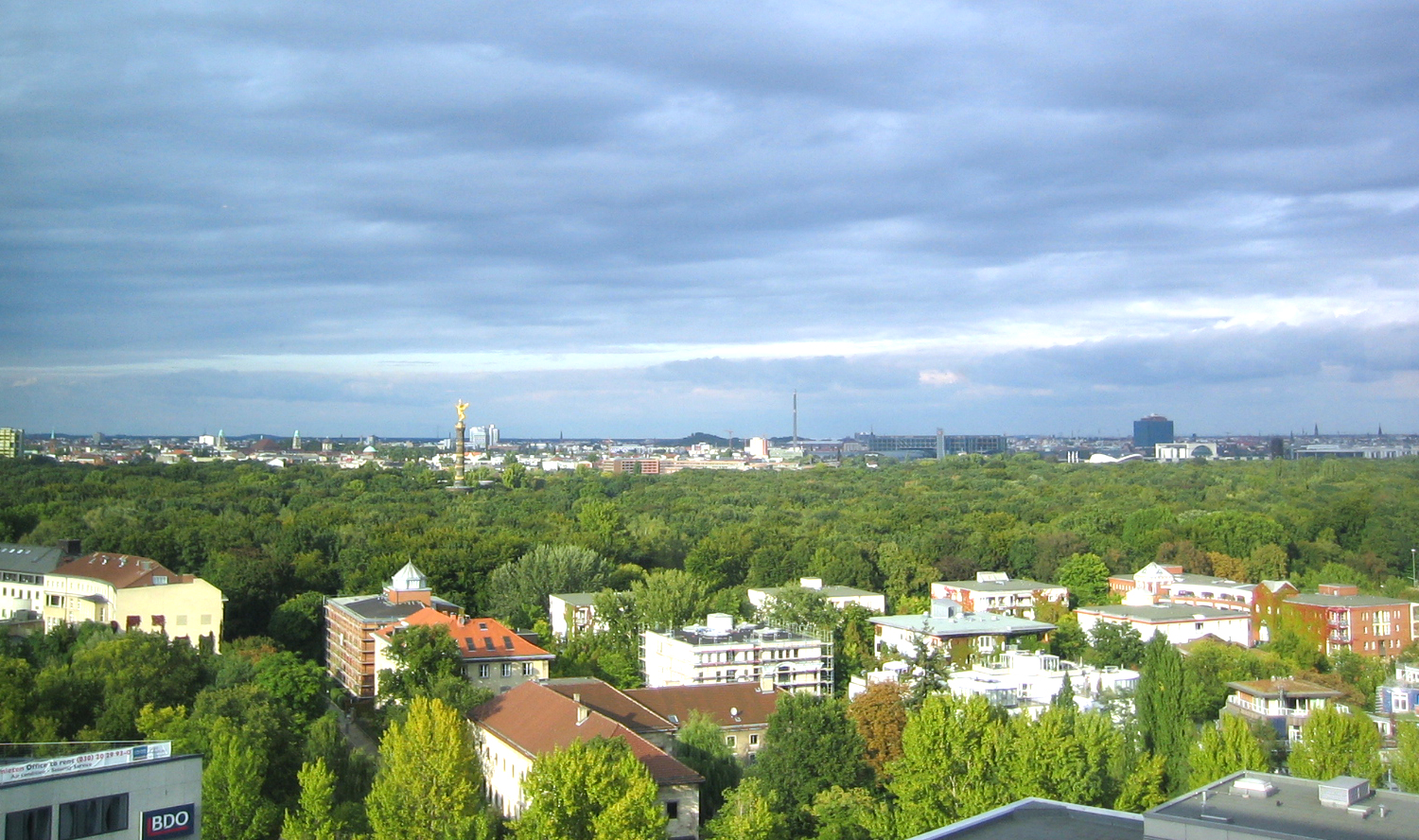
The housing supply in Berlin continues to dwindle: Despite surging construction activities, demand both for rental housing and condominiums has outpaced supply for years. According to the latest Housing Market Barometer published by IBB Investment Bank Berlin the call for apartments extends across all size categories. With a view to recent demographic fore-casts, experts assume that the imminent demand boom will af-fect all market segments and rarely be matched by adequate supply.
Housing Shortage across Price Segments.
While the supply shortage in 2011 was limited to the lower price segment, experts predict that it will have extended to rent-controlled apartments in 2012. Indeed, they even expect the rental housing supply in the mid-price segment to dry up in a comparable manner by 2015. Which leaves the upper price segment the only one with a more or less balanced demand/supply ratio.
Upbeat Sentiment among Investors
The supply contraction and increase in rents and prices in the German capital coincides with an up-ward trend of the investment climate. While rated by most experts as “bad” or “average” at best as re-cently as 2011, assessments now range from “aver-age” to “excellent.” And they include all segments of the residential real estate market. According to the IBB, institutional buyers of existing housing stock stand to benefit most from the situation. Look-ing forward, the index poll re-spondents assume that, while the cycle of this market segment may have peaked as prices are rising and supply is drying up, the market conditions remain sound. As a re-sult, rental housing construction in Berlin has become a paying proposition again. The investment climate in this sec-tor is expected to remain bright in the coming years, the same being true for the construction of condominiums. Private buyers of existing housing also benefit from market conditions that are already sound and may improve further, or so the experts believe. What explains the buoyant spirit in this market sector are the persistent finan-cial crisis and the comparatively low purchase prices and costs of borrowing.
Source : Dr. ZitelmannPB. GmbH / Michael Schick Immobilien

 Le mie ricette per la real estate community
Le mie ricette per la real estate community